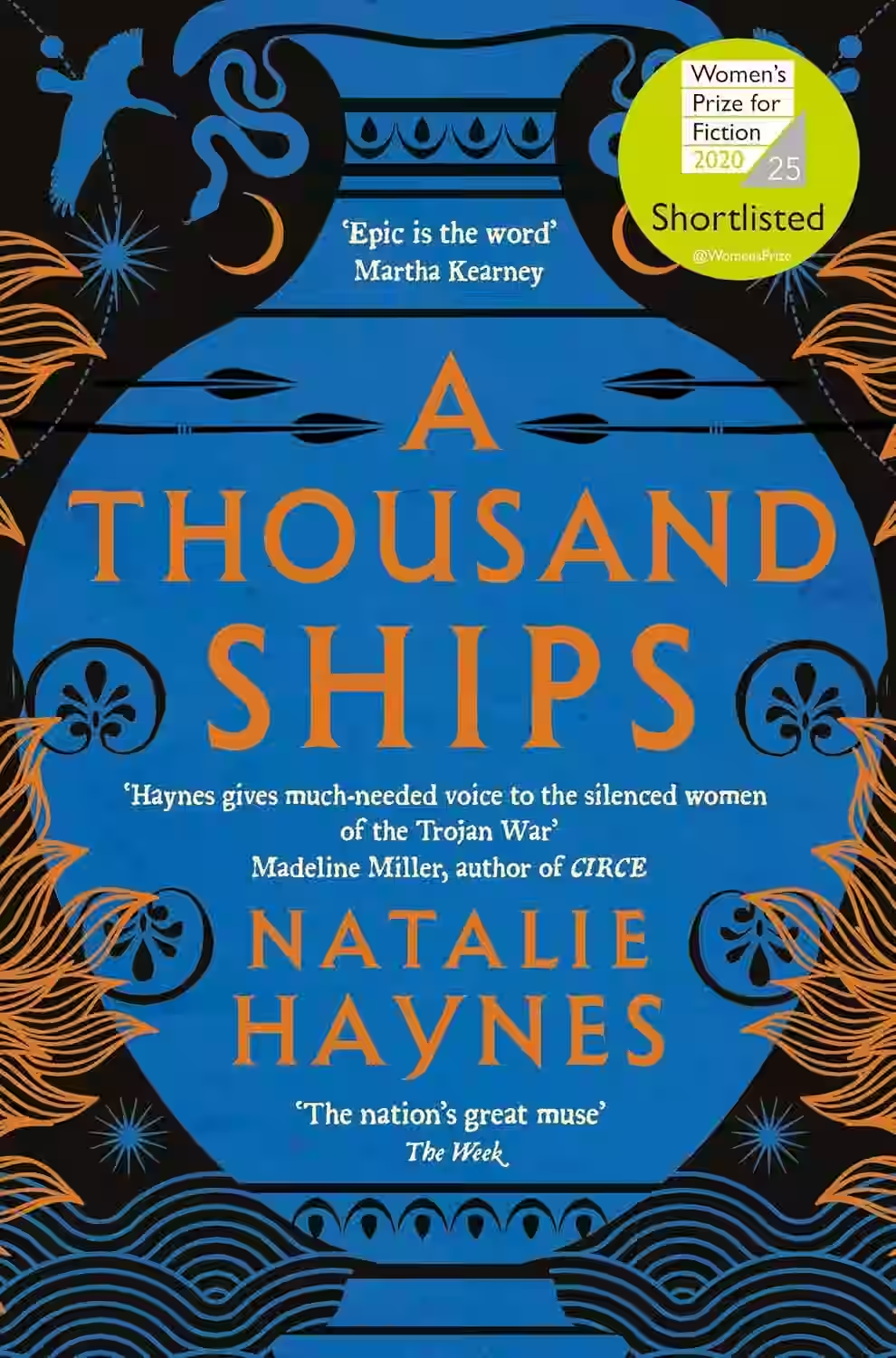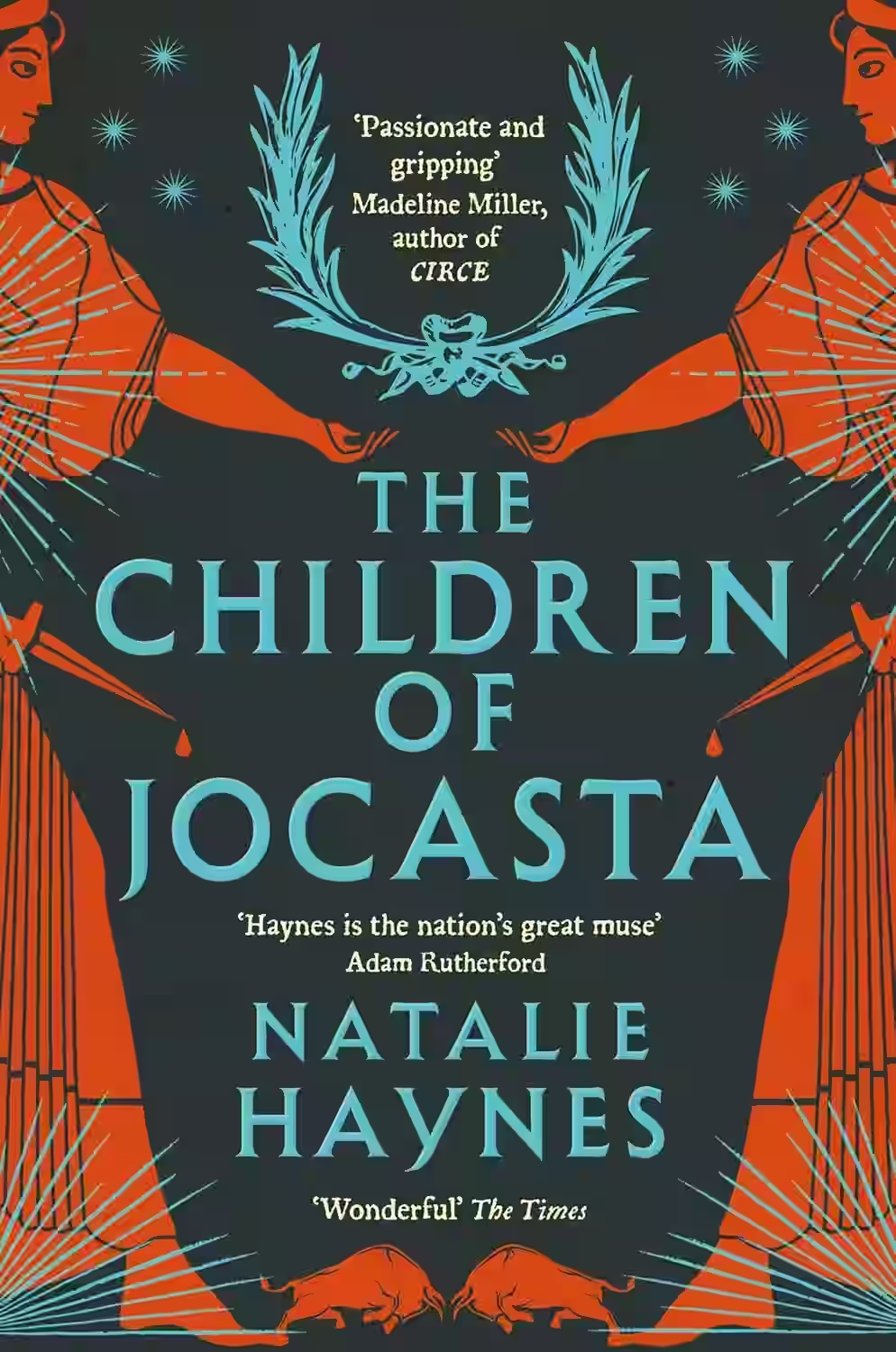Natalie Haynes
Natalie Haynes is a celebrated British author, broadcaster, and classicist, renowned for her compelling reimaginings of ancient myths and literature. Born in 1974 in Birmingham, England, Haynes attended Cambridge University where she honed her craft in classical studies, a passion that fuels her literary career. She is best known for her novels 'A Thousand Ships', which was shortlisted for the prestigious Women's Prize for Fiction in 2019, and 'The Children of Jocasta'. With a background in stand-up comedy, Haynes infuses wit into her scholarly insights, making the ancient world accessible to modern audiences. Her impact on literature is marked by her ability to breathe new life into classic narratives, challenging and enriching the way contemporary readers engage with the myths that shape our cultural heritage. Beyond her novels, Haynes is a familiar voice on BBC Radio 4, where her series 'Natalie Haynes Stands Up for the Classics' further cements her role as a dynamic interpreter of classical literature.

Natalie Haynes' 'A Thousand Ships' is a masterful retelling of the Trojan War, as narrated from the overlooked perspectives of women. Embedding the stories of queens, warriors, and survivors, Haynes gives voice to characters such as Hecuba, Cassandra, and Penelope, shedding light on their trials and triumphs. The novel skillfully weaves various mythological strands, delivering a poignant exploration of grief, resilience, and the enduring power of storytelling. Haynes' sharp, empathetic prose reinvigorates ancient myths, illustrating the timelessness of their themes. 'A Thousand Ships' is both an evocative homage to the epic tradition and a powerful feminist reimagining, offering a resonant message about who gets to be heard in history.

In 'The Children of Jocasta', Natalie Haynes masterfully reimagines the classic tales of Oedipus and Antigone from a fresh perspective—a lens that brings women’s voices, often muted in Ancient Greek mythologies, to the forefront. This novel weaves the parallel stories of Jocasta and her daughter Ismene, offering a nuanced exploration of love, power, and choice amid the backdrop of a cursed lineage. Jocasta’s quiet strength and Ismene’s unyielding resilience breathe new life into familiar tales, while Haynes’s elegant prose enriches the narrative’s emotional depth. Engaging with timeless themes of fate and identity, this reinterpretation compels readers to reexamine the silenced stories within classical works and appreciate their enduring relevance.